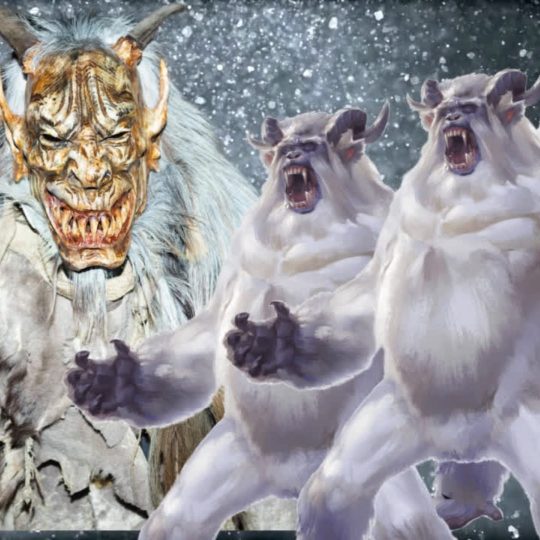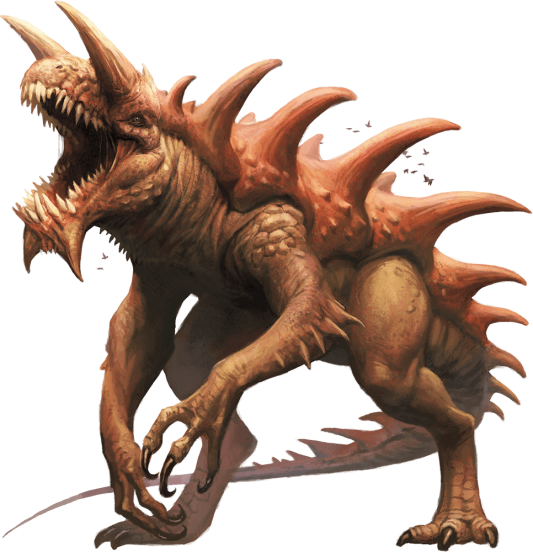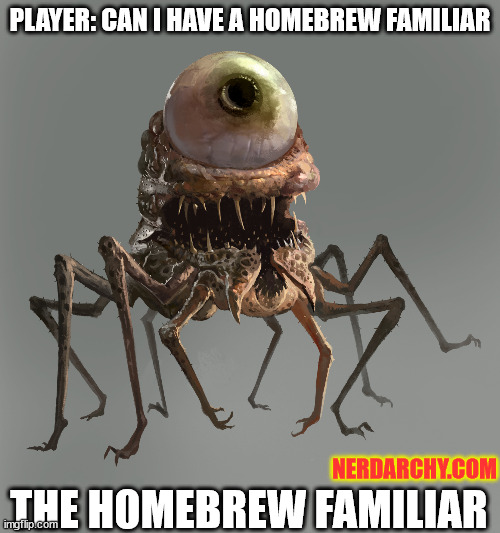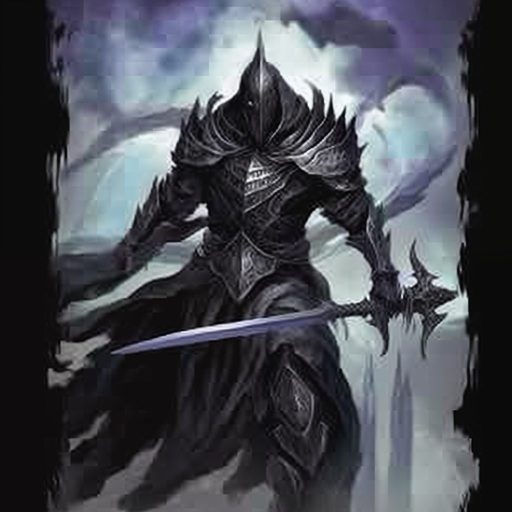
In gaming as in literature, the villains make the heroes

Can you name this villain? Here’s a hint: He’s a certain Canadian mounty’s worst nightmare.
What is a hero without a villain? Not much, I’d say. Oh, a character can still be the main actor of a tale, the protagonist of a story, but without that villain, the hero can’t really be heroic.
Some might argue there are tales of heroes without a villain, such as survival stories in which the hero bests the elements to save the day, or maybe a romantic tale in which there is only a misunderstanding between love interests though eventually one or both of them proves their heroism by overcoming that misunderstanding. To that I say the villain is still there, but is not so readily seen. In the survival story, the elements themselves can be the villain. In the love story, if there is not an out-and-out villain, the misunderstanding that brings about conflict can be the villain. Sometimes the villain is the hero’s own inner struggle.

If you don’t know this villain, you’ve been living under a rock the last 40 years. (Photo credit: Wikipedia)
It takes all kinds of villains
Not all villains are mustache-twirling megalomaniacs, just like not all villains are armor-clad rulers of a small European nation, nor a black-garbed father seeking to corrupt his son to join him in ruling the galaxy, or a black-and-white haired villainess out to destroy a family of spotted dogs. Villains can not only come in all shapes, sizes, sexes and races, but they can also come in the abstract.
Sometimes a storm is a villain. Sometimes a river of white waters is a river. Sometimes even a fluffy little white rabbit is a villain.
Sometimes even nothingness is a villain … the abyss, the emptiness of space, nihilism itself, etc.
Yes, it takes all kinds of villains.
Obviously, in tabletop role playing games, most often the villain is of the relatively simple sort, the physical entity to be overcome in some manner or other. In Dungeons & Dragons terms, the villain can be as simple as a kobold or as deadly as a lich. Occasionally a Dungeon Master might throw something off the wall at the player characters, but at its heart D&D is a game of conflict between individuals, either verbal conflict that can take on social, personal or even philosophical tones, or plain old physical conflict that comes down to throwing down, usually with axes and swords and the like.
But whatever your favorite RPG, for your heroes to truly shine, your villains must truly shine, though in a dark sort of way. If that made sense.
Bigger-than-life heroes require bigger-than-life villains
Yes, we all know the player who enjoys nothing more than having his uber-powerful warrior slaughter rows upon rows of poor orcs over and over again until the blood on the land is up to one’s knees. But it’s usually not a lot of fun for the others at the table, and often enough those other players won’t go away with high regards for that character or its player, maybe not even for the DM. Besides the sheer boredom of watching such meaningless combats over and over again, the uber-character isn’t truly proving himself against obviously inferior foes, even if in numbers.
No, it is the truly villainous, the powerful and despicable and seemingly unbeatable, who are remembered. It is they who are recalled when it is time to recant the tales of epic heroes. No one sings a tavern tune about how Hobgoblin #72 and his 200 pals were stomped out by Tyrone the Terror, He of the Great Big Axe and Small Brain.

Artemis vs. Drizzt, a match made in … well, probably not heaven, but it’s still a good match of hero vs. villain.
But Grendel is recalled for the tales of Beowulf. Darth Vader is front and center during the epic of Luke Skywalker. Everyone who reads Drizzt Do’Urden novels remembers Artemis Entreri.
Those villains are memorable because they are interesting. They have backgrounds. They have reasons for their evil. They have hopes and dreams and fears. They even have attitude. And often enough they not only have swagger, but they have the ability to back-up their swagger.
They not only make things tough on the heroes they fight, but they make life nearly unlivable, unbearable. They are not merely some numbers scratched onto a sheet of paper, armor class and hit points and the like. They are living, breathing creatures, as much as the protagonists they confront, the heroes.

Exterminate! Exterminate! Extermi — Oops! Sorry, wrong villain.
Who would recall Ripley if not for the Alien(s)? Would Batman be nearly as memorable without the Joker? What of Sarah or John Conner without the Terminator(s)?
Great villains make the great heroes, at the table or in stories of all kind.
Remember that the next time you feel like grousing that your game master is throwing too tough monsters at you. Remember it when your favorite character is killed.
Most importantly, remember it when your new favorite character is standing over the battered, smoking heap of the villain who caused all the trouble in the first place.
That character will be a true hero. He or she will be remembered fondly by you and others at your table for years to come.
All it took was a great villain.
And you Staying Nerdy.












No Comments